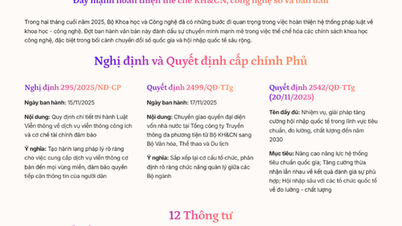A scientific diet can help strengthen teeth, limit tooth decay and gingivitis. On the contrary, an unbalanced diet, high in sugar and acid, will weaken tooth enamel, creating conditions for disease-causing bacteria to develop.
Foods that are harmful to teeth and mouth
1. Sugar and sweets
Sugar is the “number one enemy” of teeth. When eating candy, soft drinks, milk tea, etc., bacteria in the mouth will ferment sugar, creating acid that erodes tooth enamel. The result is plaque and cavities.
2. Carbonated and alcoholic beverages
Carbonated soft drinks contain a lot of acid and sugar, which quickly erode tooth enamel. Alcohol not only dries out the mouth (reduces saliva production) but also increases the risk of gingivitis and bad breath.
3. Food that is too hard or too sticky
Chewy candies, caramels, and hard fried foods can chip teeth or get food stuck between teeth, making them difficult to clean and leading to tooth decay over time.
4. Sour and acidic foods
Sour fruits (lemons, oranges, grapefruits) or vinegar, if used too much and not cleaned properly, can erode tooth enamel, causing tooth sensitivity.
Foods that are good for your teeth
1. Milk and dairy products
Milk, cheese, and yogurt are rich in calcium, phosphorus, and protein, which help remineralize tooth enamel and increase strength.
2. Crunchy, fiber-rich vegetables and fruits
Carrots, celery, apples… when chewed create a mechanical impact like a “natural broom”, helping to clean plaque on teeth. Fiber also stimulates saliva secretion, balancing acid in the mouth.
3. Fish, eggs, seafood
Rich source of vitamin D and minerals helps the body absorb calcium better, protecting teeth and jaw bones.
4. Filtered water
Drinking enough water keeps your mouth moist, helping to wash away bacteria and food particles. This is also a simple and effective way to prevent bad breath.
Eating principles to keep teeth healthy
Limit sugar: Reduce candy and soft drinks; if you do eat them, brush your teeth or rinse your mouth immediately afterward.
Eat a nutritious diet: Supplement calcium, vitamin D, vitamin C, zinc, etc. to increase resistance for teeth and gums.
Divide your meals into small portions: Avoid snacking constantly, as this will keep the acid in your mouth at a high level, damaging tooth enamel.
Combine oral hygiene: After eating, rinse your mouth with clean water; brush your teeth twice a day with fluoride toothpaste; have your teeth cleaned every 6 months.
Conclude
Diet is the “silent companion” of oral health. A balanced, low-sugar, nutrient-rich menu not only helps keep teeth strong but also helps prevent many common oral diseases. Therefore, in addition to proper dental hygiene, develop healthy eating habits for a long-lasting healthy and confident smile.
Source: https://skr.vn/che-do-an-uong-anh-huong-the-nao-den-suc-khoe-rang-mieng/







![[Photo] Dan Mountain Ginseng, a precious gift from nature to Kinh Bac land](/_next/image?url=https%3A%2F%2Fvphoto.vietnam.vn%2Fthumb%2F1200x675%2Fvietnam%2Fresource%2FIMAGE%2F2025%2F11%2F30%2F1764493588163_ndo_br_anh-longform-jpg.webp&w=3840&q=75)



























































































Comment (0)